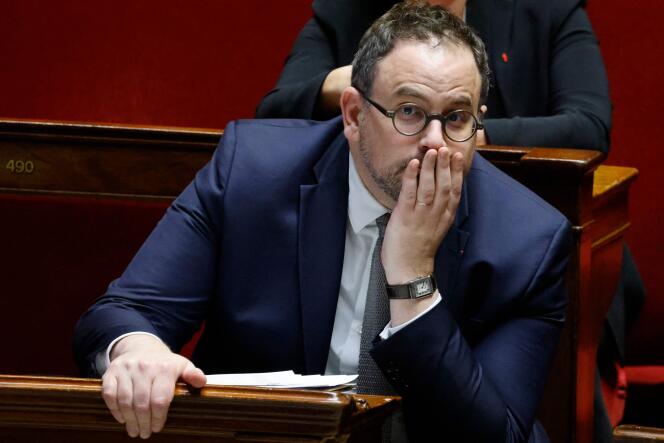


How can smoking be reduced once again, given that prevalence – 12 million daily smokers in the adult population – has been at the same level for several years? On Tuesday, November 28, the French Minister for Health and Prevention Aurélien Rousseau unveiled the new national tobacco control program for the period 2023-2027. "Every year, France pays a heavy price for smoking, which remains the leading cause of avoidable mortality, with 75,000 deaths a year, or 200 deaths a day," he said.
This long-awaited plan comes at a time when new products such as disposable electronic cigarettes aimed at teenagers are causing concern. The plan's first step aims to prevent people from taking up smoking, particularly younger people, although there was a clear drop in smoking in this age group between 2017 and 2022. "Now we need to take the next step," said Rousseau, reiterating the government’s objective of a tobacco-free generation by 2032.
To achieve this, the price of a pack of cigarettes – currently around €11 – will jump to €13 by 2027. There will be no change in 2024, however. The "first stage" will happen in 2025, where the price will be fixed at €12, said Rousseau. The government is calling it a "significant step," even though the increase should be close to one meant to happen anyway because of a government mechanism that indexes tobacco taxation to inflation. This mechanism was modified in 2022 by parliament, and anti-smoking organizations are already reacting. On this basis, prices should rise by 40 to 50 centimes from January 1, 2024, according to estimates by the country's tobacconists confederation, reported in Les Echos.
Anti-smoking campaigners criticized Prime Minister Elisabeth Borne's announcement in September that there would be no new tax on tobacco in 2024. "To be effective, tax increases must be strong, repeated and continuous," said the Comité National Contre le Tabagisme, France's national anti-smoking organization.
Will this increase over the next four years have a significant "price effect" on reducing consumption? "It won’t change a thing," said Loïc Josseran, the president of anti-smoking Alliance Contre le Tabac, which is campaigning for a minimum €16 pack. "It won’t have an effect on people, and we can even ask whether prevalence will rise again, as it did between 2005 and 2010, when the price per pack stayed the same." Price is a "major factor" according to the public health expert, who also pointed to "the need to finally enforce the ban on sales to minors." "When it comes to discussions in the government, it is clear that tobacco lobbies have more influence than public health," he said.
You have 40% of this article left to read. The rest is for subscribers only.
